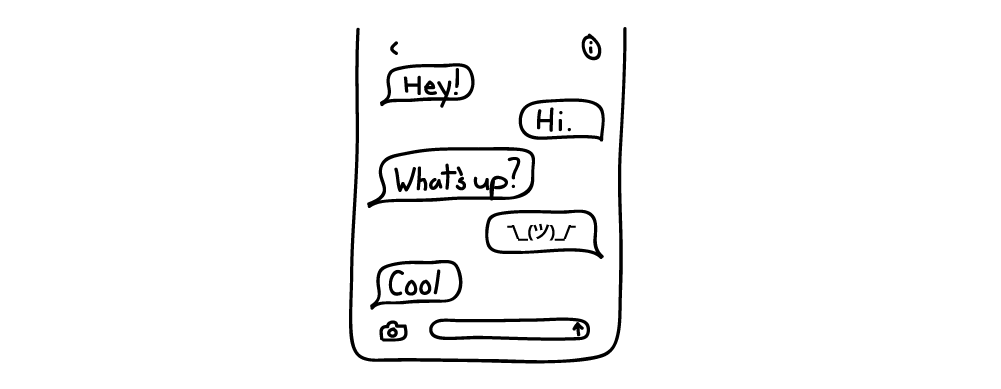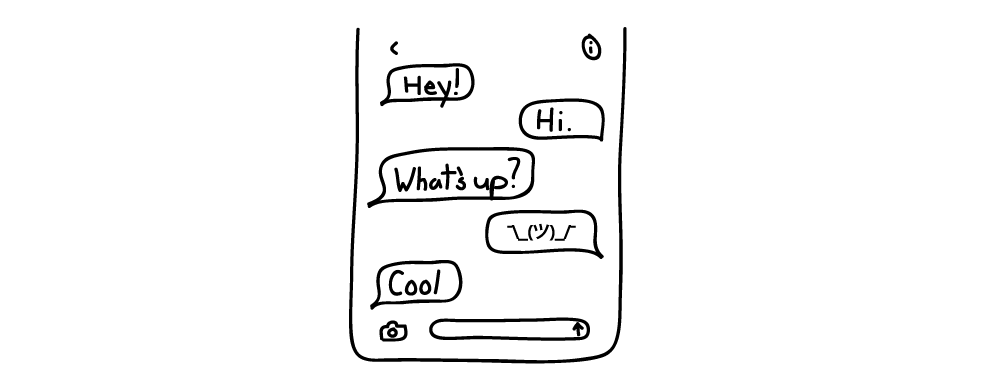Basically
This week, the world caught on fire.
Verbatim
At The Baffler, Liz Pelly launches a broadside at Spotify’s industrialised playlist culture and its long-term consequences for all the players, media included, that don’t seem interested in pushing back against their end game. What has her worried is not just our voracious appetite for bland mood-driven sets – “best new muzak” – but brand collaborations that let the likes of Starbucks and Nike co-opt artists without at least throwing them some good old fashioned sell-out cash.
Music writing serves a number of purposes: storytelling, criticism, discovery. Spotify has already established itself as a competitive force of “discovery,” and it soon plans to produce more of its own (surely branded) “storytelling” and original content. With this in mind, and when I worry over the publications, labels, and artists who have (reluctantly or otherwise) embraced Spotify, I can’t help but think of that airport restaurant server who teaches you how to use the iPad, thereby contributing to her own obsolescence. Why is the music press generating value for a platform that in every way plans to eliminate it? And what will become of music criticism in a world without records? Will publications review discovery feeds and write profiles of playlists? What good will criticism be when all of music has coalesced into algorithmically preordained Muzak?

Modern dating
Things
This one’s bleak – the Wall Street Journal reports on how rural economic distress can be measured by the success of the dollar store chains that have taken over empty strip malls. “The economy is continuing to create more of our core customer… We are putting stores today [in areas] that perhaps five years ago were just on the cusp of probably not being our demographic.”
Ed Yong on storytelling as desirable survival trait amongst hunter-gatherers.
Adam Rogers in Wired with a history of Google Scholar and a look towards possible futures of open science publishing beyond today’s tangle of paywalls. We have to give him at least a little credit for acknowledging the absurdity of a piece about the dangers of paywalls appearing in a magazine that’s just about to take the backwards step of embracing one.
But hey, gotta flail at business models somehow. Add this glorious sentence to your shortcut snippets for the months and years ahead, we’re going to need it a lot: “The onetime magazine, which in recent years has built out a robust YouTube presence in the hope of cashing in on video revenue, will now pivot back from its previous pivot and resume producing more written content.”
Computers busted chess. Now they busted go. And they’re doing it all on their own.
For the writers out there that just can’t get their inner editors to cool it, here’s a text editor that doesn’t let you go back. You know, like a typewriter.
A preemptive post-mortem of the bitcoin crash describes each of the cryptocurrency’s characteristic features—including the prominence of the Winklevi—as an exacerbating factor in its demise. Unless the system itself counts (cryptokitties do not), there are no fundamentals supporting its value, but there are real consequences and therefore real limits. Worry not, there are plenty of creative ways to exploit confused regulation around electricity arbitrage, if that’s what you’re after.
In Print, Stephen Heller resurfaces part of a rare old interview with the great designer and Marshall McLuhan-collaborator Quentin Fiore, covering a no-bullshit evolution from a working “letterer” in the 1930s to the radical work we remember him for from decades later.
Charles Minard’s 1861 lament-by-graph of Napoleon’s disastrous march to Russia is often called the greatest of all data visualisations. It’s a hard thing to improve on, but this really compelling new interactive from Russian news agency TASS does a marvellous job of building out the horrific story behind that one perfect chart.
It seems Slate updated the dateline on a Tom Scocca classic, which gives us reason to share it as a public service: it’s not you, it’s just that every single recipe lies about how long it takes to caramelize onions. (And, to bring it back to our beat, this followup from Scocca earlier this year is a great insight into inscrutable Google algorithms.)
Good night, moons.
Before you sleep, slip this buck under your neighbour’s doorstep.





